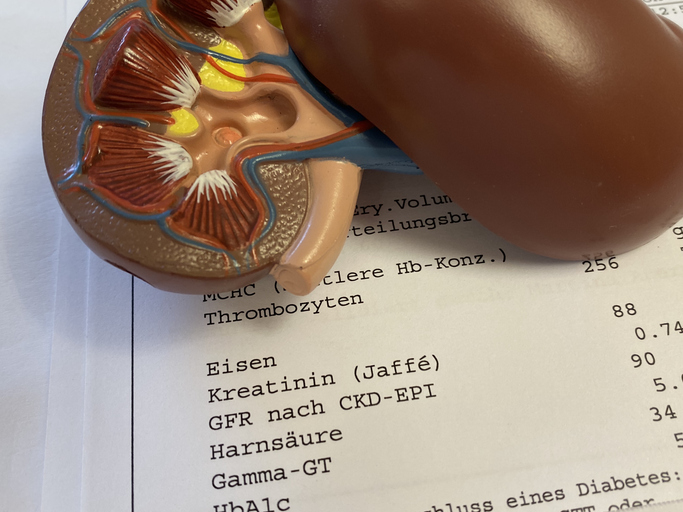“The revamped U.S. kidney prioritization system appeared to better even the field in pediatric kidney transplant wait times — by making organs similarly harder to get for children across races and ethnicities, according to a study.
Measuring time from dialysis to transplantation, Black, Hispanic, or other children of color had significantly longer wait times compared to white children before the Organ Procurement and Transplantation Network’s Kidney Allocation System (KAS) changes in 2014, but these differences were reduced afterward, Jill Krissberg, MD, MS, of Lurie’s Children Hospital of Chicago, and colleagues reported.”
Read more here.




